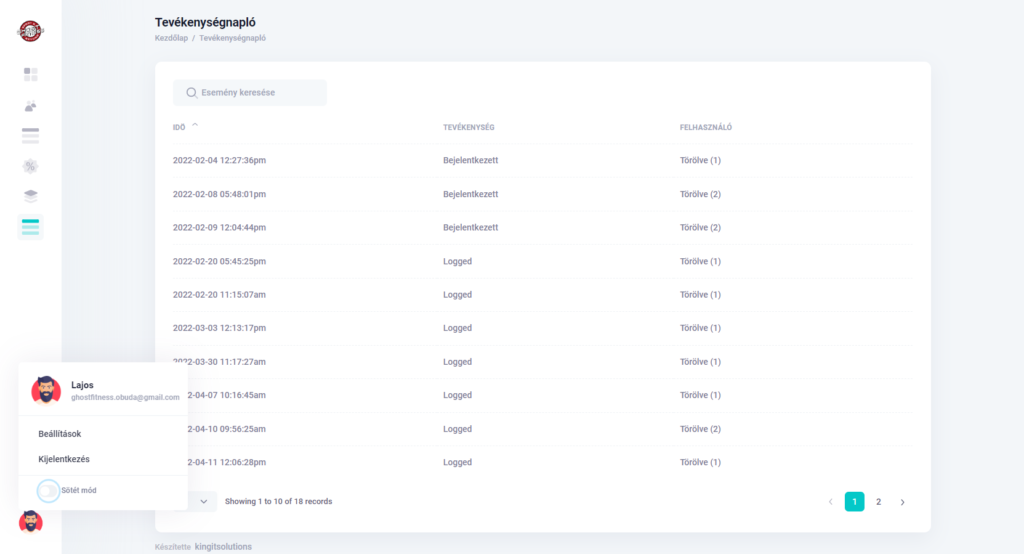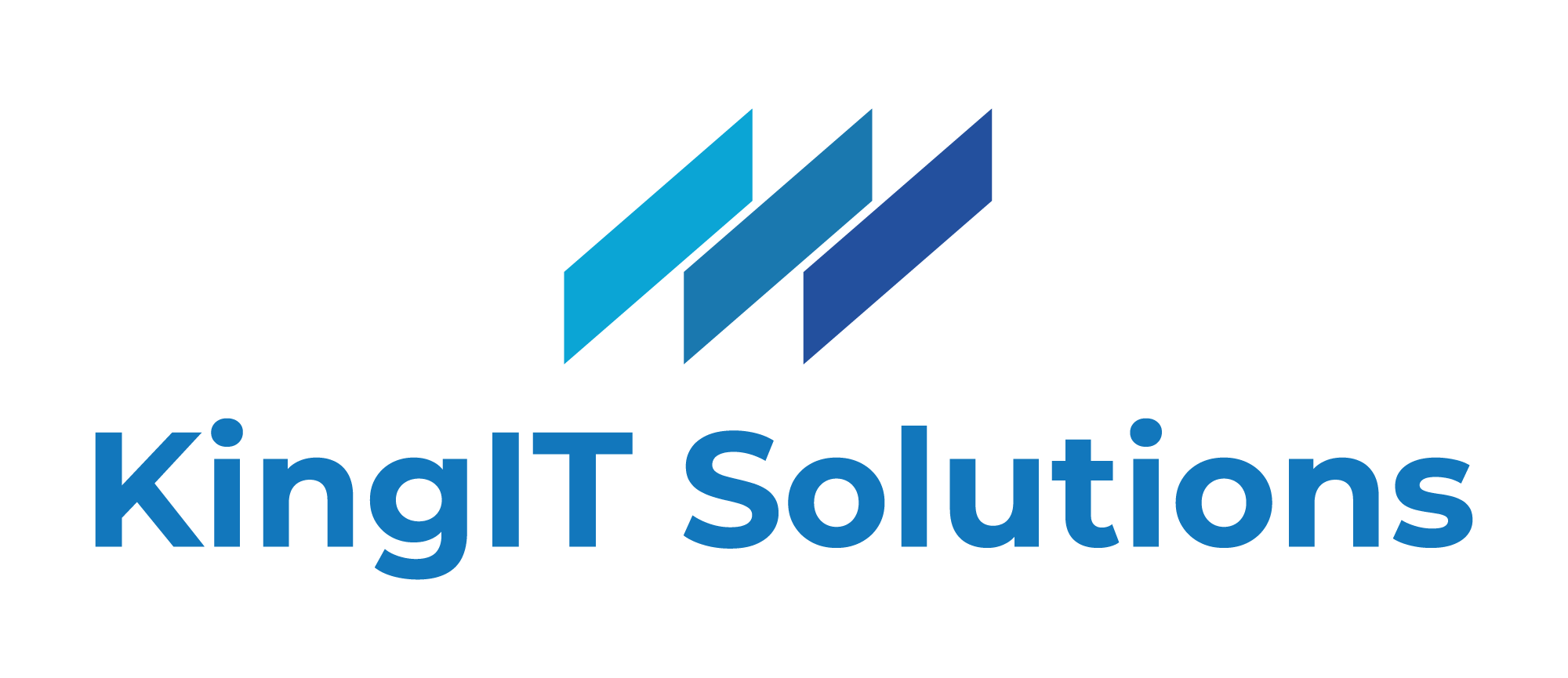
BlocChainShow.com is an innovative multimedia platform that delves into the dynamic world of blockchain technology and its applications across various industries. They connect forward-thinking innovators and visionaries with a broader audience. The host of their show, G, is a seasoned music executive renowned for collaborating with top artists like Nipsey Hussle and Beyoncé. Through their program, “Web3 Bloc Chain Show,” they offer a unique perspective on the realm of independent creators in today’s digital landscape.
The Lumanagi Prediction Game is an exciting new feature set to launch on the Lumanagi Exchange platform in just three months. Drawing inspiration from popular prediction games like the one on PancakeSwap, the Lumanagi Prediction Game offers users a chance to test their market prediction skills and earn rewards.

Decentralized exchanges (DEX) and centralized exchanges (CEX) are two types of trading platforms that allow users to buy, sell, and trade cryptocurrencies. DEX platforms operate on a decentralized network driven by users and liquidity providers, without any intermediaries, while CEX platforms operate on a centralized network and have a central organisation or institution acting as intermediaries, so the decision making is centralized. DEX platforms are available on various blockchain networks, including Ethereum, Binance Smart Chain, and Polygon, while CEX platforms are typically available on their own centralized networks. Both DEX and CEX platforms require a cryptocurrency wallet to participate, and users can join with any wallet that is compatible with the platform.
Governance tokens are a key feature of many DEX platforms. These tokens allow holders to vote on platform changes and participate in platform governance. Some examples of governance tokens include Uniswap’s UNI token and SushiSwap’s SUSHI token.
In this two-part article, we would like to help you become more familiar with CEX and DEX platforms by highlighting their differences.
Decentralization: The main difference between DEX and CEX platforms is their level of decentralization. DEX platforms are completely decentralized, meaning that all trades are conducted on a peer-to-peer basis without the need for a centralized intermediary. CEX platforms, on the other hand, rely on a centralized intermediary to facilitate trades.
Operations: DEX platforms typically have a slower order execution speed compared to CEX platforms. This is because DEX platforms rely on a network of nodes to validate trades, which can take longer than the centralized order matching system of CEX platforms. CEX platforms also work with market makers and all trading happens through order books, while DEX operations are managed through smart contracts, and marketing making is based on an automated market making algorithm, so instead of P2P trading it’s a Peer-to-Pool system.
Transparency: DEX platforms are generally more transparent than CEX platforms. This is because DEX platforms operate on a public blockchain, allowing anyone to view the entire transaction history. CEX platforms, however, often have opaque order matching systems and trade history that is only available to the platform operator.
Usability: CEX platforms are generally considered to be more user-friendly than DEX platforms. This is because CEX platforms are designed to be more intuitive and accessible to a broader range of users, while DEX platforms can be more complex and require a higher level of technical expertise to use.
Custody of Assets: DEX platforms offer users complete custody over their assets, as trades are conducted directly between users’ wallets. CEX platforms, on the other hand, require users to deposit their assets into the platform’s custody before trading.
Speed and Price Volatility: DEX platforms are often subject to higher levels of price volatility compared to CEX platforms. This is because DEX platforms rely on a network of nodes to validate trades, which can cause delays in price updates and lead to price discrepancies. CEX platforms, on the other hand, have faster order execution and are less prone to price discrepancies.
Be sure to check out our next article on the subject to learn more about CEX and DEX platforms.
The Pilates Másképp mobile app aims to introduce Pilates to those whose schedules don’t allow them to go to the gym or a special class regularly. It offers users different video packages and workout plans, with exercises of various lengths and levels of development, so that everyone from complete beginners to professional pilates practitioners can find a package that suits them. Separate videos are also available for expectant and new mums to help them feel comfortable in their skin during pregnancy and to aid recovery after childbirth.
KingIT Solutions and Neked Főztem
The growing popularity of Neked Főztem gastropub is a true success story. The founders were only planning to open a beach buffet, but their attitude towards the food – only using fresh, local ingredients, never using frozen products, and not selling sugary drinks – made them grow into a unique gastropub in just a year. We’ve developed the website for this magical gastro-oasis, so now reservations and contacting the managers are only a few clicks away. The website is based on WordPress and has a simple, easy-to-use onepager design, which makes it fast and transparent. At the specific request of the owners, they can use the admin interface to continuously update the opening hours and the menu, and to manage table reservations.

Ghost Fitness already had a website, but it was lacking those extra functions that make the user experience feel complete. We’ve developed a web application connected to the site to deliver those missing functions to the guests.

Through the app, monthly passes can be purchased, the packages are easy to update, and it also includes an activity log, so the managers of the gyms can keep easy track of people currently using the facilities.
You can view sales and member statistics on a daily, weekly, monthly, and yearly basis, and members and their training sessions can be viewed in searchable, exportable lists.
Operators can also see the number of current monthly passes and the payments associated with them.

Subscribe to our Newsletter
Dont miss the newbies!








